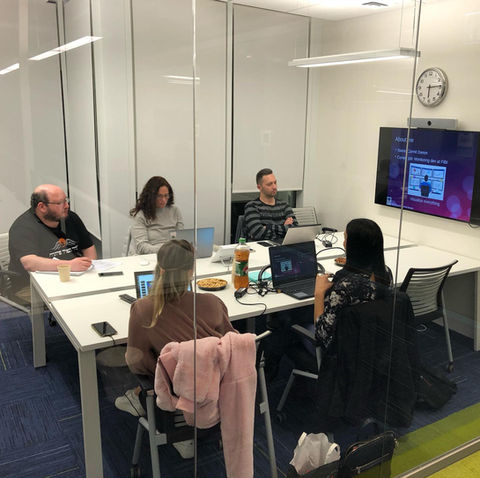Intro To devOps
DevOps or as some call it NewOps or CloudOps, in more than a Buzz word.
DevOps Engineers spends most of their time writing code and automation tasks rather than perform manual operations. DevOps Engineers use code and configuration management tools to automate provisioning and configuration of infrastructure, and develops tools and automations that enables the developers to operate, control and monitor their own software in production.
Does that mean that a DevOps Engineer doesn't need "old" OS skills, and infrastructure knowledge?
Definitely not!
It just means you will need to acquire a whole new set of skills such as coding, automations, and a different perspective of a production environment.
We are here to help you do just that.
You can find information about the the different skills you will acquire during the course in the Course Syllabus below, and if you have any questions read our FAQ or Contact Us.















